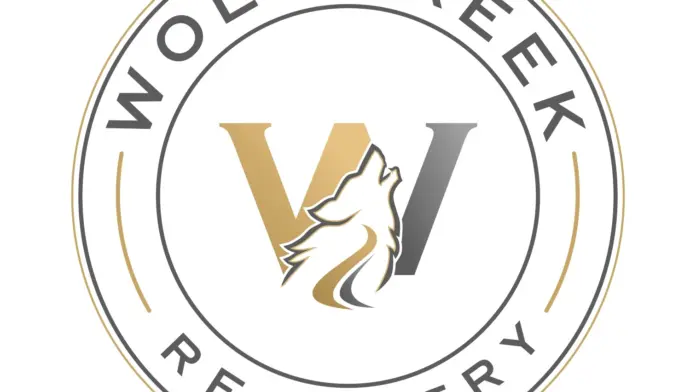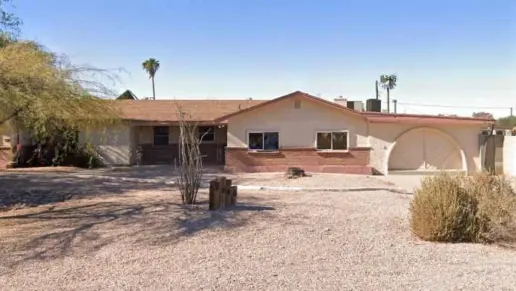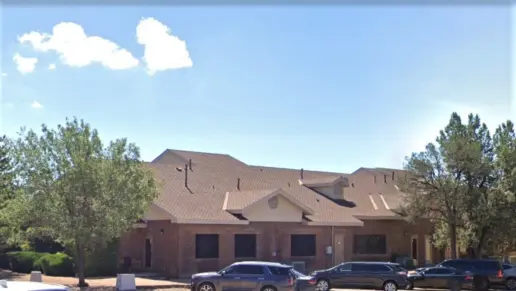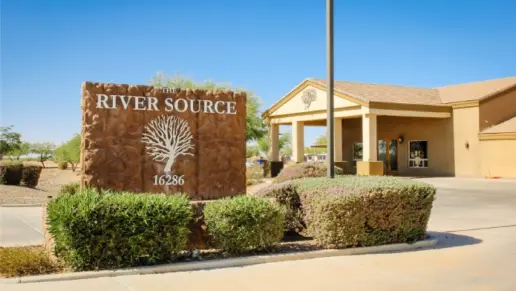About Wolf Creek Recovery – Alcohol & Drug Rehab Prescott Arizona
Wolf Creek Recovery Drug and Alcohol Treatment offers 12-Step-focused addiction recovery services for adults in Prescott, Arizona. Treatment options include partial hospitalization (PHP), intensive outpatient (IOP), general outpatient (OP), and aftercare programs. They specialize in the treatment of co-occurring addiction and mental illness.
Treatment at Wolf Creek Recovery is based on a three-phase model progressing from high-intensity partial hospitalization (PHP) and intensive outpatient (IOP) programs to moderate and low-intensity general outpatient (OP) and aftercare support. Clients receive medical and mental health assessments, personalized care plans, and complete case management. Referrals for medically supervised detoxification are provided as needed prior to the start of outpatient treatment.
Their outpatient treatment programs integrate a variety of evidence-based therapies, including eye movement desensitization and reprocessing (EMDR), creative arts, and outdoor and adventure therapy. Clients also engage in intensive, trauma-informed individual, group, and family counseling drawing on proven modalities, including cognitive behavioral therapy (CBT), dialectical behavioral therapy (DBT), and motivational interviewing. The program promotes clients’ sustained sobriety through robust, recovery-focused life-skills training that addresses topics such as coping, anger and stress management, job readiness, and relapse prevention.
Their aftercare programs enable a complete continuum of care aligned with clients’ evolving needs and include 12-Step program facilitation, peer coaching, and referrals for additional services.
Wolf Creek Recovery Drug and Alcohol Treatment works with most major insurance providers, including Cigna, Aetna, BlueCross BlueShield, ValueOptions, United Healthcare, GEHA, and Multiplan. They also accept Anthem, Beacon, AmeriBen, HealthSmart, UMR, and others. Contact your provider to verify coverage, because out of network benefits can vary.
Rehab Score
Gallery
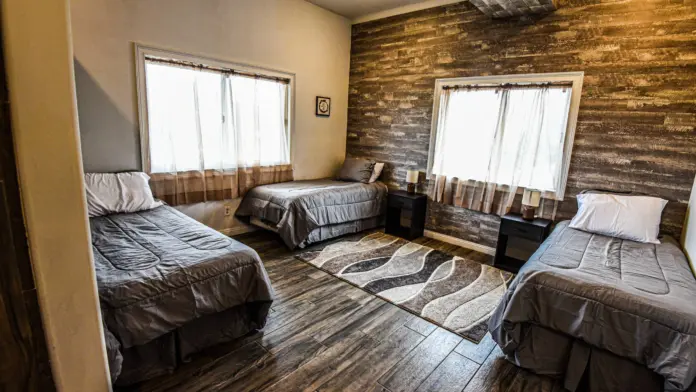
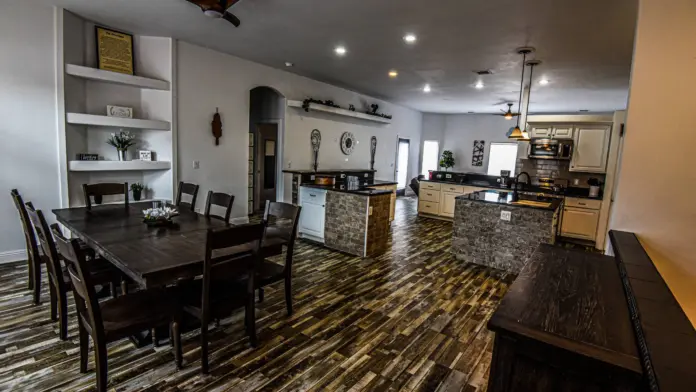

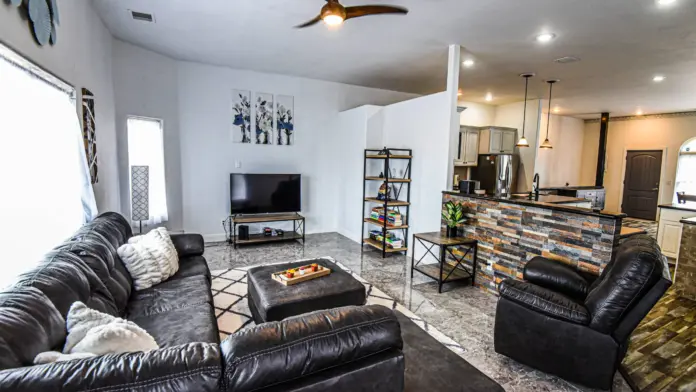
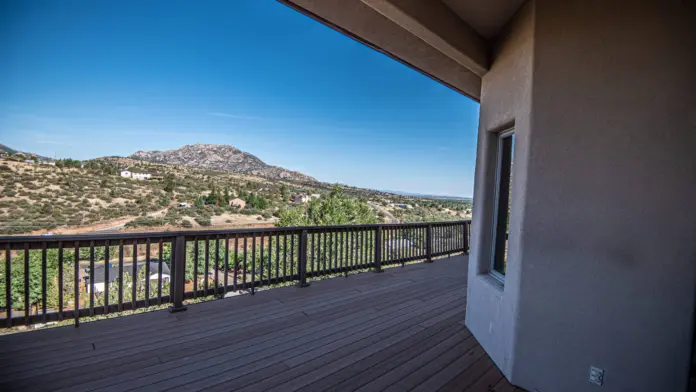
Location
Accepted Insurance
Other Forms of Payment
Private insurance refers to any kind of healthcare coverage that isn't from the state or federal government. This includes individual and family plans offered by an employer or purchased from the Insurance Marketplace. Every plan will have different requirements and out of pocket costs so be sure to get the full details before you start treatment.
Self-pay involves paying for treatment out of your own pocket. You can use savings or credit, get a personal loan, or receive help from family and friends to fund your treatment. If you don't have insurance or your insurance plan doesn't cover a specific program, self-pay can help ensure you still get the care you need.
Addiction Treatments
Levels of Care
Clinical Services
Also known as CBT, cognitive behavioral therapy in Arizona is one of the most common types of psychotherapy. It offers a structured method of counseling that effectively treats substance use disorder and dual diagnosis disorders.
Dialectical behavior therapy in Arizona focuses on acceptance of your reality and behaviors while also attempting to make changes in unhealthy behaviors. It has been shown to be effective for the treatment of anxiety, depression, PTSD, and substance use disorder.
In Arizona, group therapy helps promote accountability and motivation for men and women who want to stay committed to addiction recovery. It fosters a sense of community where you can share your progress and learn new coping strategies from your peers.
Individual therapy for drug and alcohol addiction includes focused attention on the unique challenges that trigger addictive behavior. During individual therapy sessions, you have a safe space in which to discuss stressors and emotional struggles. Therapy fosters trust and open communication that helps develop personalized strategies to overcome addiction.
The goal of motivational interviewing in Arizona is to enhance your confidence in your ability to make changes in your life. It encourages you to commit to change and plan for the process of making those changes that will allow you to reach your goals.
Trauma therapy focuses on helping you understand and manage emotional and physical responses to past trauma. Using therapeutic interventions, you learn to reframe the experience. This helps reduce your anxiety and gives you greater control over your life.
Residents of Arizona who are experiencing relationship problems may benefit from couples therapy. This form of psychotherapy helps couples express their feelings, resolve conflicts, and increase intimacy and affection.
Family therapy involves sessions where members of the family discuss how addiction has affected them individually and collectively. Therapists can guide families in developing coping strategies that help support their loved one's recovery while also focusing on their own emotional health.
Self expression through creative arts therapy in Arizona can allow individuals who have a hard time articulating their feelings to access their emotions. This approach to counseling taps into our desire to create and draws from a variety of formats such as music, drama, sculpting, and painting.
Amenities
-
Gym
-
Yoga Studio
-
Residential Setting
-
Private Rooms
Accreditations

LegitScript has reviewed Wolf Creek Recovery – Alcohol & Drug Rehab Prescott Arizona as part of their certification program, and has determined that it meets the LegitScript standards for legality, safety and transparency.
LegitScript verified in

State Licenses are permits issued by government agencies that allow rehab organizations to conduct business legally within a certain geographical area. Typically, the kind of program a rehab facility offers, along with its physical location, determines which licenses are required to operate legally.
State License: Arizona

The Joint Commission, formerly known as JCAHO, is a nonprofit organization that accredits rehab organizations and programs. Founded in 1951, the Joint Commision's mission is to improve the quality of patient care and demonstrating the quality of patient care.
Joint Commission Accreditation: Yes
Contact Information
600 E Gurley St
#C
Prescott, AZ 86301
